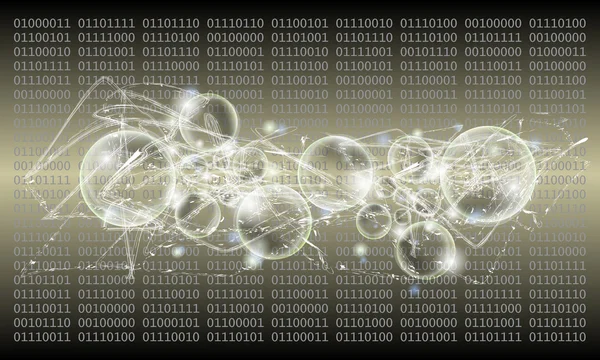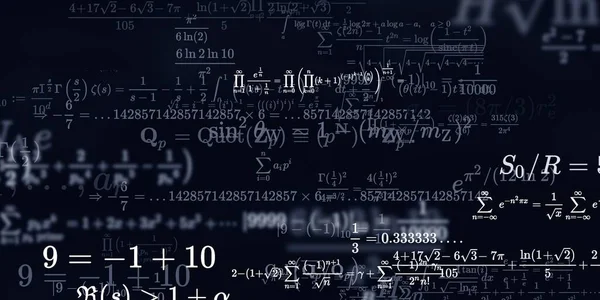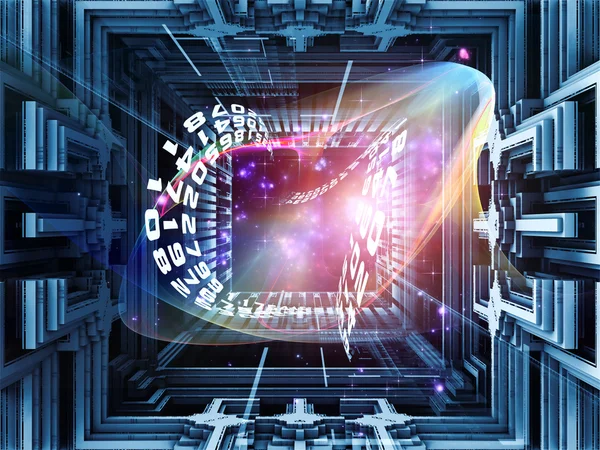The advent of quantum computing has not only led to significant technological advancements but has also raised critical questions about the future of data encryption and security. The impact on cryptography, in particular, has been a subject of much discussion and debate. This article aims to shed light on the basics of quantum computing, its implications for cryptography, and the potential challenges and solutions it brings to the field of data security.
Unraveling the Basics of Quantum Computing

Quantum computing is a novel approach to computation that leverages the principles of quantum mechanics. Unlike classical computers that use bits as the smallest unit of data, quantum computers use quantum bits, or qubits. A qubit can exist in multiple states simultaneously thanks to a property known as superposition. Furthermore, qubits can be entangled, meaning the state of one qubit can depend on the state of another, regardless of their physical distance apart. This phenomenon of entanglement and superposition enables quantum computers to perform complex calculations far more efficiently than their classical counterparts.
Quantum computing also leverages quantum tunneling, which allows particles to pass through barriers that would be insurmountable in classical physics. This feature, combined with superposition and entanglement, potentially makes quantum computers exponentially more powerful and faster. However, building a functional quantum computer is no mean feat. It requires maintaining qubits in a delicate state of superposition, which calls for extremely low temperatures to minimize vibrations that could cause qubits to lose their quantum properties.
The Art of Data Encryption in the Quantum World

Quantum computing introduces a new dimension to data encryption. At the heart of this development is quantum cryptography, based on the principles of quantum mechanics. Quantum key distribution (QKD) is a particularly promising aspect, allowing two parties to generate a shared random secret key, known only to them.
The unique attribute of QKD is that it exploits the behavior of quantum particles to detect potential eavesdroppers. This is possible due to the Heisenberg Uncertainty Principle, which states that it is impossible to measure the quantum state of a particle without disturbing it. Thus, any attempt to intercept or eavesdrop on the key exchange would be immediately noticed, making quantum encryption potentially unbreakable.
Quantum Computing: A Paradigm Shift in Technology

Quantum computing represents a paradigm shift in technology, opening up new possibilities for various sectors. From drug discovery to climate modeling, quantum computers could significantly accelerate research and development. They could also revolutionize financial modeling, logistics, and artificial intelligence, thanks to their ability to handle complex calculations and vast amounts of data.
However, this technological revolution is not without its challenges. Quantum computers require significant investment and specialized skills to build and operate. The current models are also prone to errors and need further refinement. Nonetheless, the potential benefits of quantum computing are spurring countries and corporations worldwide to invest in this groundbreaking technology.
Quantum Computing and the Future of Cryptography

Quantum computers could significantly impact the future of cryptography. The core concern is that these machines could potentially “crack” the complex mathematical problems that underlie modern encryption methods.
Today’s most secure encryption algorithms, such as RSA and elliptic curve cryptography, are considered safe because they rely on the difficulty of factoring large numbers—a task that classical computers find extremely challenging. However, with Shor’s algorithm, a quantum computer could factor these large numbers in polynomial time, effectively breaking these encryption methods.
The Threat of Quantum Computing to Modern Cryptography

However, the potential of quantum computers to crack modern encryption methods also poses a considerable threat. The advent of quantum computers could render many of today’s encryption techniques obsolete, potentially exposing sensitive data to security breaches.
For instance, secure online transactions, confidential communications, and protected information stored in digital formats could all be at risk. This threat is known as the “quantum apocalypse,” a scenario where quantum computers could decrypt virtually everything encrypted with today’s technologies.
To illustrate this threat, consider the following comparison between classical and quantum computers:
| Classical Computers | Quantum Computers | |
|---|---|---|
| Speed | Limited by the number of operations per second | Exponential, due to superposition and entanglement |
| Encryption | Secure, based on the difficulty of factoring large numbers | Could potentially crack modern encryption techniques |
| Data Processing | Handles less complex computations | Can handle much larger amounts of data and complex computations |
Safeguarding Data Security in the Age of Quantum Computing

Despite the potential threats, there are ways to safeguard data security in the age of quantum computing. The field of post-quantum cryptography is dedicated to developing new cryptographic systems that can withstand quantum attacks. These systems are designed to be secure against both quantum and classical computers, providing a viable solution to the quantum threat.
Some promising approaches include lattice-based cryptography, code-based cryptography, and multivariate polynomial cryptography. These techniques rely on mathematical problems that are believed to be hard for even quantum computers to solve. Implementing these post-quantum cryptographic systems in a timely manner is crucial to ensuring the continued security of our digital information in a post-quantum world.
In conclusion, while the advent of quantum computing brings significant potential for accelerating computational tasks and enhancing data encryption, it also presents significant threats to modern cryptography. The race is on to develop post-quantum cryptography systems that can stand up to the power of quantum computers. As we stand on the precipice of this new era of technology, the way we handle and secure our digital information must evolve to meet the challenges and opportunities of the quantum age.



Quantum cryptography might make data very secure. Quantum key distribution sounds promising.
Quantum computing can help different fields. It can speed up research in drug discovery and climate modeling.
Quantum computers can do complex calculations faster. They use superposition and entanglement.
The article explains quantum computing basics. Qubits are different from bits.
Quantum computers are expensive to build. They also require specialized skills to operate.
Post-quantum cryptography is important. It will protect data against quantum attacks.
Quantum computers need special conditions. They must be kept very cold to work properly.
The quantum apocalypse is scary. Quantum computers could break current encryption.